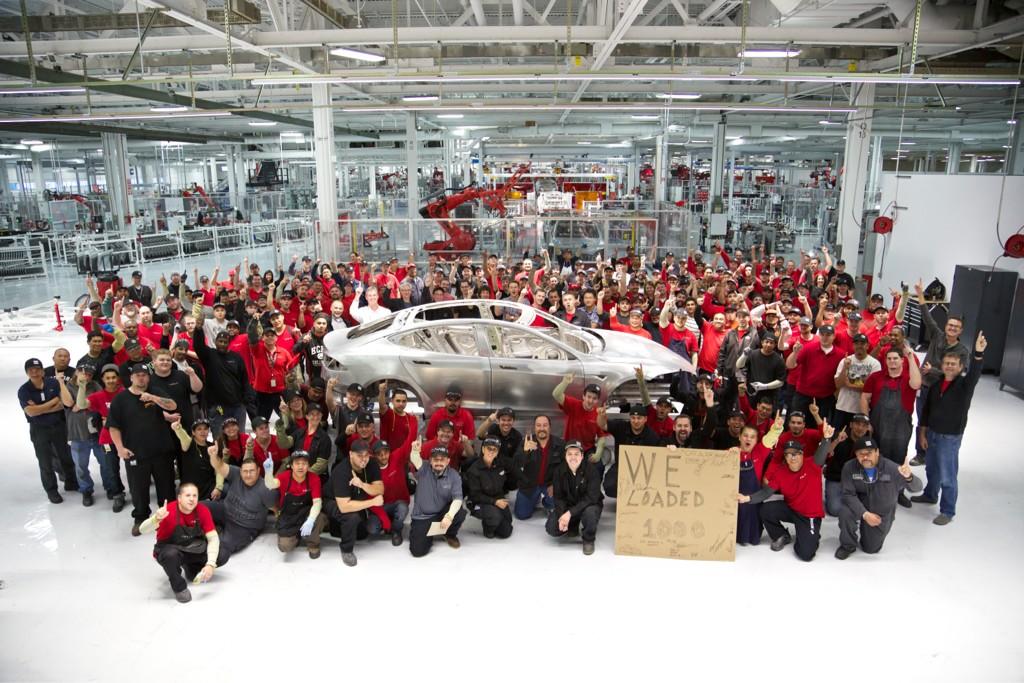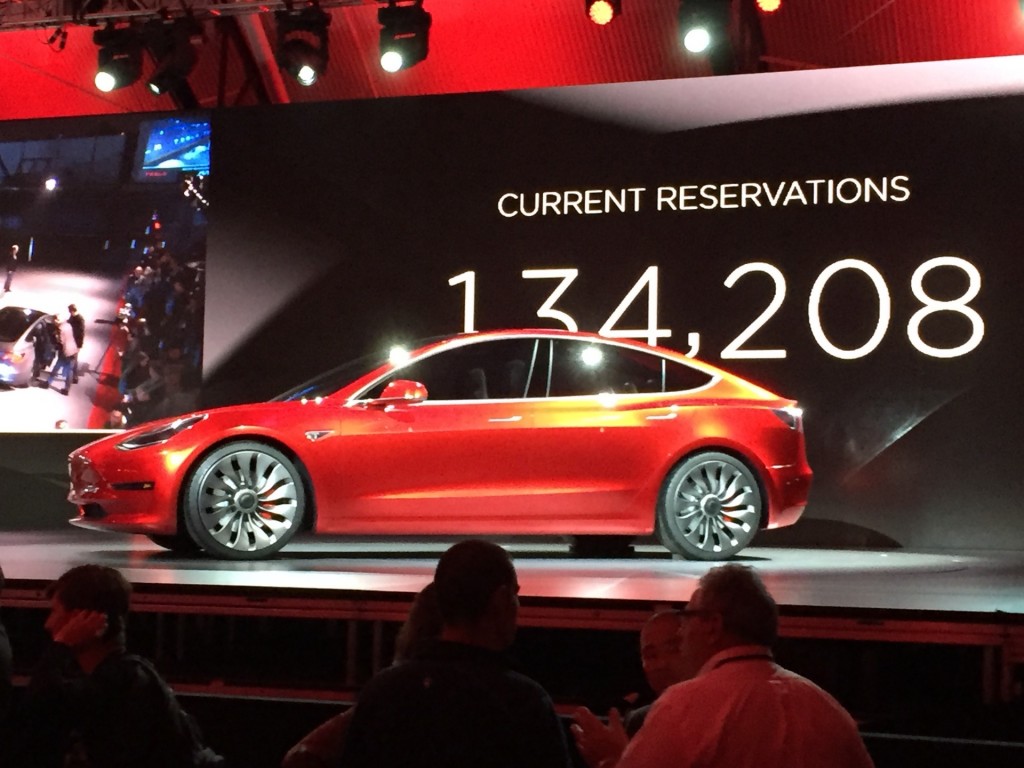Lots of people like horse races, win-or-lose competitions, and rankings. They're easy to understand, and definitive.
They may also lose the forest for the trees, which is what we're tempted to suggest about a new article that addresses the launch of the 2017 Chevrolet Bolt EV electric car.
GM's 238-mile battery-electric hatchback is rolling out across the country, with actual lineups of people waiting to test-drive it in at least some dealerships.
DON'T MISS: Chevy Bolt EV tested by Tesla Model S owner: his assessment
An article in Forbes last week puts its impact into the win/lose dichotomy, with a headline that's nothing if not grabby.
It suggests, simply, that it will explain "Why GM may already have lost to Tesla."
Some of the arguments will be familiar to the thousands of regular commenters on electric-car topics, often split among acolytes of electric-car startup Tesla Motors and those who find the Chevy Bolt EV to be a groundbreaking new car at an affordable price.

Tesla gigafactory, March 2016, shown in drone footage posted to YouTube by Above Reno
The analysis stems from the idea that the car industry is entering a period of major disruption, and that GM (and other large global car companies) aren't investing the necessary capital into the technologies and plants they'll need to prosper as the transition takes hold.
Specifically, author Arne Alsin notes that GM has spent almost $17 billion in recent years buying back its stock.
That's three times the total of $5 billion that all parties are said to be putting into Tesla's first gigafactory for lithium-ion cell fabrication and battery assembly, now in operation outside Reno, Nevada.
WATCH THIS: Chevrolet Bolt EV: Green Car Reports' Best Car To Buy 2017
Meanwhile, Alsin dismisses the 238-mile 2017 Chevrolet Bolt EV as "lip service"—without noting that it has beaten Tesla's affordable entry to market.
Whether the buyers for the Model 3 would consider a Bolt EV, or vice versa, is absolutely a debatable point—but he largely dismisses GM's efforts and the Bolt EV.
"I don’t see how GM [is] making a meaningful strategic pivot to electric," Alsin writes, "especially compared to Tesla."
1,000th body for 2012 Tesla Model S on display at Tesla Motors factory, Fremont, CA, Oct 28, 2012
Then he makes the amateur error of comparing the Bolt EV's first three months of sales to Tesla's cumulative four-year sales of Model S and Model X. Really?
Still, his point of view, as summarized here, is shared by many:
This is how the story plays out in a disrupted vertical. A young upstart emerges on the scene, on an epic mission and willing to risk it all in an effort to produce an incredible value proposition.
Meanwhile, the old guard—in this case GM -- plays protect and defend. And how do they do that? Buybacks.
CHECK OUT: Why I canceled my Chevy Bolt EV electric-car order: a reader explains
The battle rages on. We note with amusement that a recent positive Chevy Bolt EV review in Business Insider, titled "The Chevy Bolt is a serious Tesla competitor," was rapturously received by Bolt EV fans.
The person who posted the link in a fast-growing Facebook group for Bolt EV owners felt compelled to note, "Tesla fans, don't freak out! I love Tesla as well. Tesla is awesome. OK?"
In a Tesla Model 3 group on Facebook, however, the same article was posted with the dismissive comment, "Business Insider is at it again."

Tesla Model 3 design prototype - reveal event - March 2016
The lesson we take away from this is that robust debate over the future of electric cars and their impact on the global auto industry is required to surface these issues and engage more people in what's been an arcane debate so far.
We also conclude that full disclosure is a necessity. To Forbes' credit, author Alsin discloses within the first few paragraphs that he's a Tesla shareholder.
Finally, we'd suggest that Alsin's conclusion may or may not prove to be justified, but that it's probably far too early to make such a claim—even if it provides a compelling headline that gets readers to click.
_______________________________________













